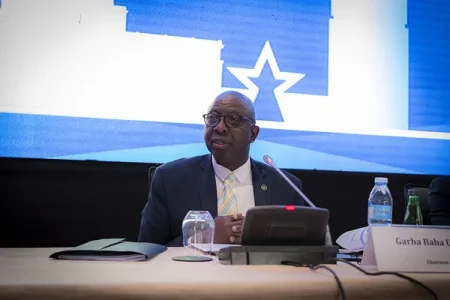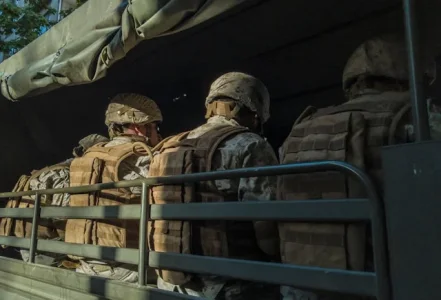
INTERPOL reveals that hundreds of thousands of dollars are being laundered out of Nigeria every hour, exacerbating crime and corruption. The agency calls for concerted efforts from security agencies to combat this issue. Reactions from Nigerians highlight distrust in the government's ability to address the problem effectively.
The International Police Organisation (INTERPOL) has raised alarms over the staggering amount of money being laundered out of Nigeria every hour. According to INTERPOL, "hundreds of thousands of dollars" are transferred to other African countries and across the globe, highlighting the severity of money laundering operations from Nigeria. Garba Baba Umar, INTERPOL Vice President for Africa, disclosed this during a four-day workshop for Nigerian law enforcement agencies held at the EFCC Academy in Abuja.
Umar emphasized that money laundering has reached alarming levels and requires a unified effort from security agencies in Nigeria and worldwide to combat it. He introduced the "Silver Notices Against Money Laundering" initiative as a strategic move to tackle illicit financial flows, especially in Africa. He stated, "Evidence shows that every hour, hundreds of thousands of dollars are flowing out of Nigeria to the region and across the world, laundered before reaching criminals' pockets, enabling them to profit from their crimes. This situation exacerbates crime rates in the country, leading to increased drug trafficking, fraud, corruption, and violence."
Reactions on social media have been swift and varied. Many users expressed frustration, suggesting that the authorities know the perpetrators but fail to act. Comments highlighted the irony of Nigerians abroad sending money back home while illicit funds are flown out of the country. Others questioned the effectiveness of law enforcement agencies, noting that swift action is often taken against lower-profile offenders while high-profile criminals remain untouched. There is a prevailing sentiment of distrust towards the government's efforts to address this issue, with accusations that political figures are deeply involved in these activities.



